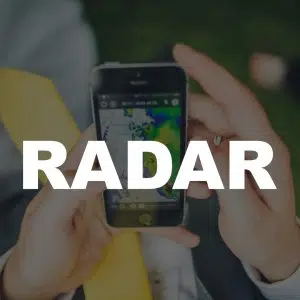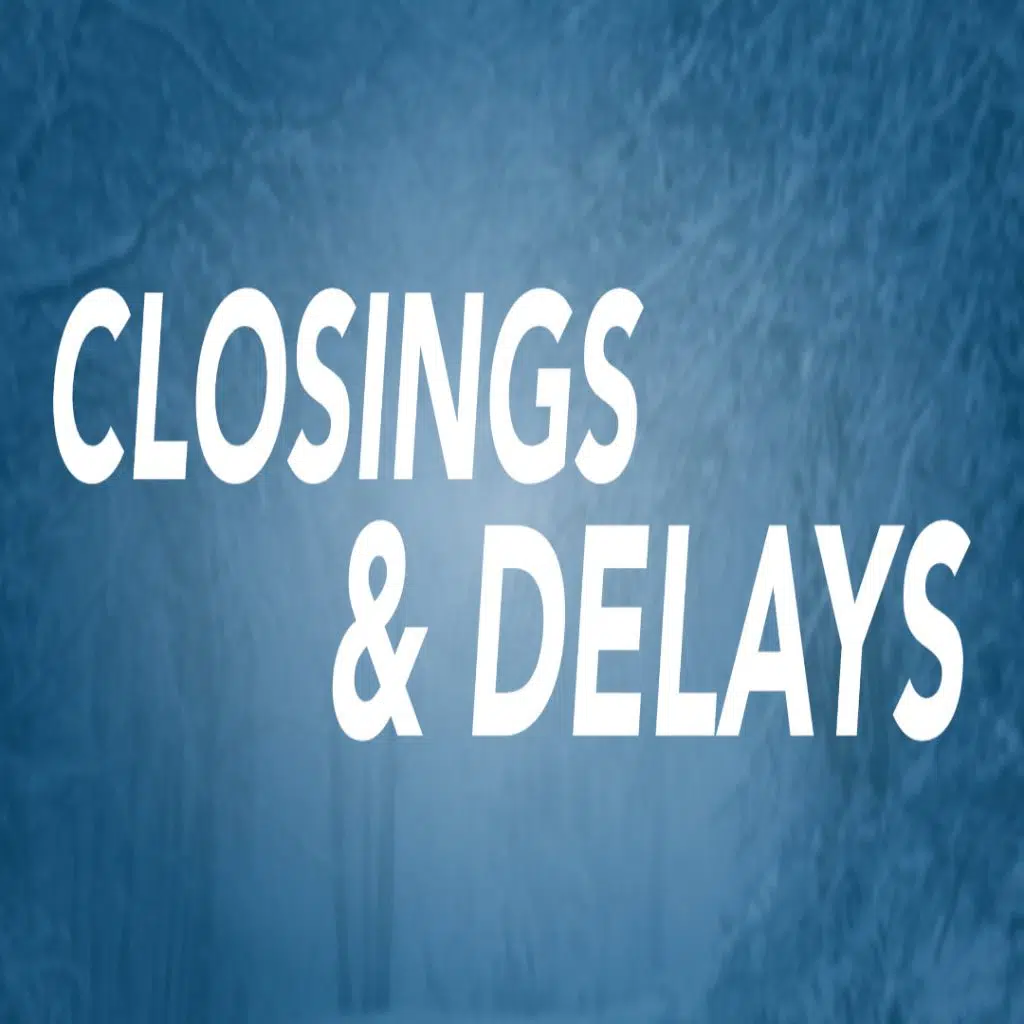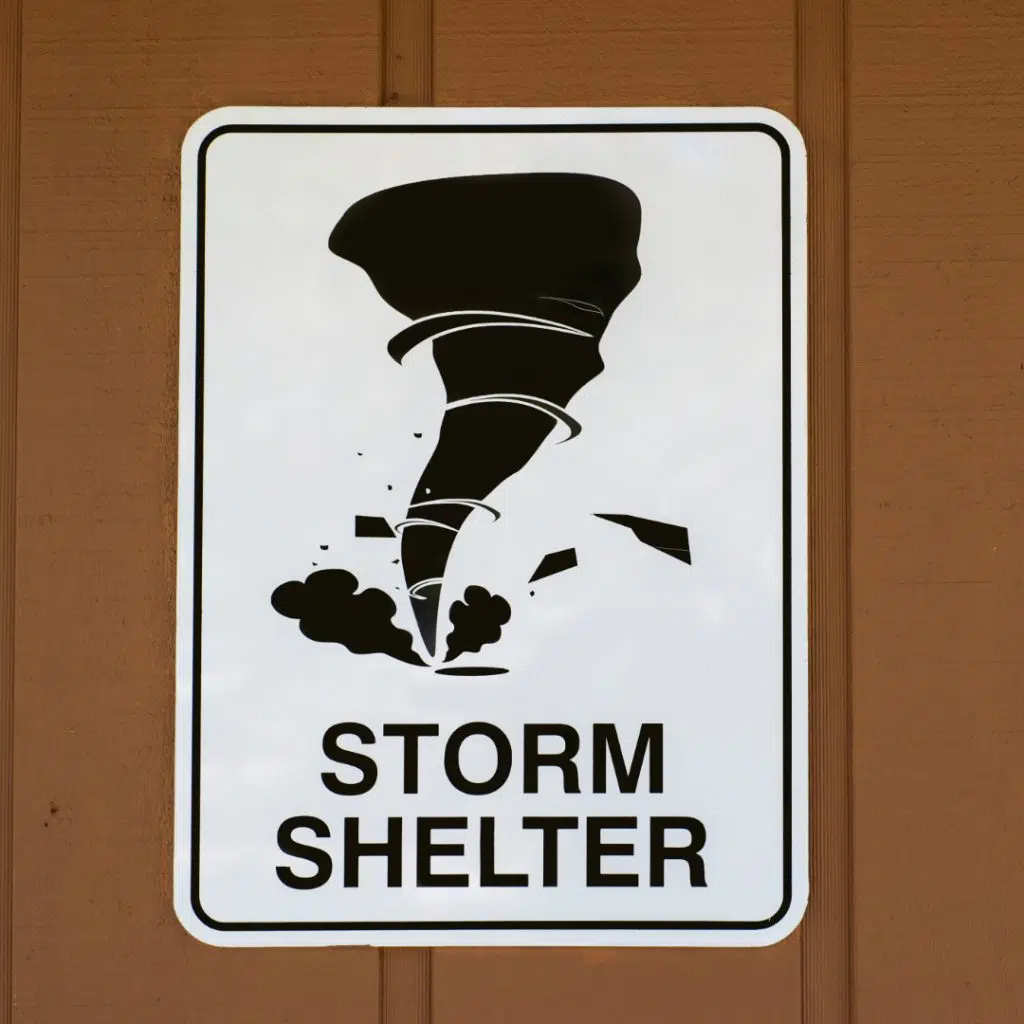Weather Safety Info
Travel
Never drive into water covering roadways.
The Department of Public Safety advises that state trooper posts should be contacted only to report traffic crashes or other emergencies. For traffic advisories or road closing information, please contact DPS’s Public Information Office, 334-242-4445; the Alabama Department of Transportation’s toll-free information line, 1-888-588-2848; or visit ALDOT’s Web site at www.dot.state.al.us.
Troopers provide the following suggestions to help ensure traffic safety during inclement weather:
- Avoid travel during heavy rain and when weather warnings are in effect;
- If travel is unavoidable, turn on lights and windshield wipers;
- Drive at a lower speed appropriate for road and weather conditions;
- Never attempt to drive across a water-covered roadway; water depth and movement can be deceptive;
- Watch for and be prepared to avoid wind-blown debris on roadways;
- Make sure vehicles are in safe operating condition and that gas tanks are filled.
For information on road closings Click Here
Accidents
Motorists with cell phones may dial *HP (*47) toll-free to report roadway emergencies to a state trooper post.
Utilities
Report downed lines to your power provider or local law enforcement.
Power
Alabama Power offers winter weather safety tipsAlabama Power wants customers to be prepared. Ice storms – prolonged periods of freezing rain – can result in power interruptions and create hazardous road conditions.
Here are some tips for staying prepared and safe during wintry weather:
- Check your supplies of non-perishable foods and heating fuel and replenish if needed.
- Charge cell phones and other electronic devices before the storm.
- Have enough prescription medicine to last several days.
- Make sure you have flashlights, a battery-powered radio and fresh batteries.
- Ensure elderly family members or friends who live alone are prepared for the weather.
- Should a loss of power occur:
- Call Alabama Power’s Automated Outage Reporting System at 1-800-888- APCO (2726). It’s the fastest and most effective way to report a power outage.
- Disconnect or turn off appliances that were on when the power interruption occurred. Leave a light on to know when service is restored.
- If you use an electric generator, operate the unit outdoors in a well-ventilated, dry area away from air intakes to the home. Keep it protected from direct exposure to rain or snow. A good location is an open shed, under a canopy or a carport. Never use a portable generator indoors or in attached garages. Never plug a generator into a household wall outlet. Power from the generator can feed back into wires outside your home, creating a threat to repair crews. Plug individual appliances into the generator using heavy-duty outdoor-rated cords with a wire gauge adequate for the appliance load.
- Avoid opening refrigerators or freezers. Food will stay frozen in a fully loaded freezer for 36 to 48 hours if the door remains closed. If the freezer is half full, food will generally keep 24 hours.
- Stay clear from areas where repair crews are working.
- Stay away from downed lines.
For more safety tips and information about how to conserve energy during the winter months, please visit www.alabamapower.com.
Alabama Power, a subsidiary of Atlanta-based Southern Company (NYSE: SO), provides reliable, affordable electricity to more than 1.4 million customers across the state.
Alabama Power crews will work as fast as safety allows. Before neighborhood lines can be repaired, crews must first repair larger lines that bring power to the neighborhoods.
Plan Ahead
In weather emergencies be prepared to care for your family for up to 3 days.
Emergency Preparedness List WQSB, WKXX, & WAVU employees take severe weather seriously, and listeners should, too. Here are some things that you can do to be better prepared for storms, and their potential aftermath:
- Fill your gas tanks.
- Store 3 day water supply. (1 gallon per person per day.)
- Stock nonperishable foods with non-electric can opener.
- Acquire needed medications & medical supplies.
- Fully charge cell phone batteries.
- Flashlight & radio with extra batteries.
- Seek shelter from tornados on lowest floor, in small windowless interior bath or closet.
- Mobile home residents plan for safer shelter. (Winds)
- Sufficient cash on hands. (ATMs don’t work if power is out.)
- Assist mentally or physically challenged neighbors with preparations.
- Secure pets & livestock.
Keep ahead of a winter storm by listening to the latest weather warnings and bulletins on local radio. Be alert to changing weather conditions and avoid unnecessary travel.
- Check battery powered equipment. You may have to depend on a portable radio or TV for weather information. Also, check emergency cooking facilities and flashlights.
- Fully charge cell phones.
- Check your supply of heating fuel.
- Check your food and stock an extra supply. Your supplies should include food that requires no cooking or refrigeration in case of power failures. Consider high energy foods such as dried fruit or candy. Don’t forget prescription medicines, first aid supplies, and other specialty items.
- Prevent fire hazards due to overheated coal or oil burning stoves, fireplaces, heaters, or furnaces. Remember, in winter storms, emergency equipment can be hampered by extreme weather conditions, too, and often can’t respond as quickly.
- Stay indoors during storms and cold snaps , especially the elderly, small children, and others in bad health Avoid overexertion, especially when shoveling snow.
- Make necessary trips for supplies before the storm develops. Arrange for emergency heat in case of power failure, which could last for several days.
- Dress to fit the season. Wear layered, loose fitting clothing. Wear a hat, scarf, and mittens.
- Winterize your home by caulking around openings, installing storm windows, and adding insulation.
- Get your car winterized before the storm season begins. Maintain a checklist of the preparation required. Keep water out of your fuel by keeping your gas tank full.
- Carry a winter storm car kit, especially if you plan cross country travel or anticipate travel in northern states. Items to consider include a mobile phone and charger, blankets or sleeping bags, flashlights and batteries, first aid kit, non-perishable foods, extra clothing, window scraper, water, road maps, small shovel, and kitty litter or sand for traction.
- If the storm exceeds or even tests your limitations, seek available shelter immediately. Plan your travel and select primary and alternate routes.
- Check the latest weather information before departing, and drive carefully and defensively. Avoid traveling alone, and be sure someone knows your travel plans and route of travel.
- Don’t forget your pets or livestock. Move animals to sheltered areas. For pets, bring them indoors or provide some form of heat. Provide fresh water since many pets die from dehydration in winter storms.
Preparedness Guide – [PDF]
Winter Weather Booklet – [PDF]
Courtesy: Huntsville Weather Service
Disaster Response
The best way to help is through established relief agencies when possible.
How To Help Or Get Help In Alabama
Call the statewide emergency number 911 for immediate critical emergency help.
Call the statewide Help Line for non-emergency help or to offer volunteer services. Dial 211.
AMERICAN RED CROSS
1-866-GET INFO for questions about shelter locations, family well-being, preparedness and more.
1-800-HELP NOW or visit www.redcross.org if you would like to make a financial donation to the American Red Cross Disaster Relief Fund.
FEDERAL EMERGENCY MANAGEMENT AGENCY (FEMA)
www.fema.gov
SALVATION ARMY
1-800-SAL-ARMY or www.salvationarmyusa.org. Call or visit the website for information about disaster relief, how to get help, volunteer opportunities or to make a financial donation to the Salvation Army Emergency Disaster Relief Services.
Alabama Emergency Management Agency
The Alabama Emergency Management Agency continually assesses developing emergency situations in the state and helps citizens take appropriate action.
Resources
Severe Weather
- StormReady
- NOAA Weather Radio
- Emergency Managers Information Network
- U.S. Hazard Assmt…
- Heat
- Lightning
- Hurricanes
- Thunderstorms
- Tornadoes
- Rip Currents
- Floods
- Winter
- Ultra Violet Radiation Safety
- Red Cross
- Federal Emergency Management Agency (FEMA)
Winter Weather
Tropical Weather/Hurricanes
- Hurricane Basics
- Saffir/Simpson Hurricane Scale
- Hurricane Names
- National Hurricane Center
- Hurricane Tracking Chart [PDF~1.7M]
- NWS Huntsville Tropical Weather Page
Summer Heat and Droughts
- Heatwave Information
- Heatwave Index
- Heat Index Chart
- Drought Information
- Palmer Drought Index
- Keetch-Byram Index
- United States Drought Assessment
- Weekly Weather and Crop Bulletin
Other Links of Interest
Additional Weather Information
Evacuee Information
If you have “self evacuated” and are seeking a shelter location or assistance in Alabama phone (800) 206-0816 or use the call for help number 211.
If you were affected by the storm call the Federal EMA registration to apply for assistance (800) 621-3362.
If you are hearing impaired please call (800) 462-7585.
If you are trying to reconnect with family the Red Cross has established a Safe & Well Website for persons displaced by the storm. It is designed to help families separated by the current event communicate with each other. Access the service at www.redcross.org or phone 1-866-438-4636.
Calhoun County Schools, call 256-741-SNOW, the hotline will be updated at 5:15 a.m.






